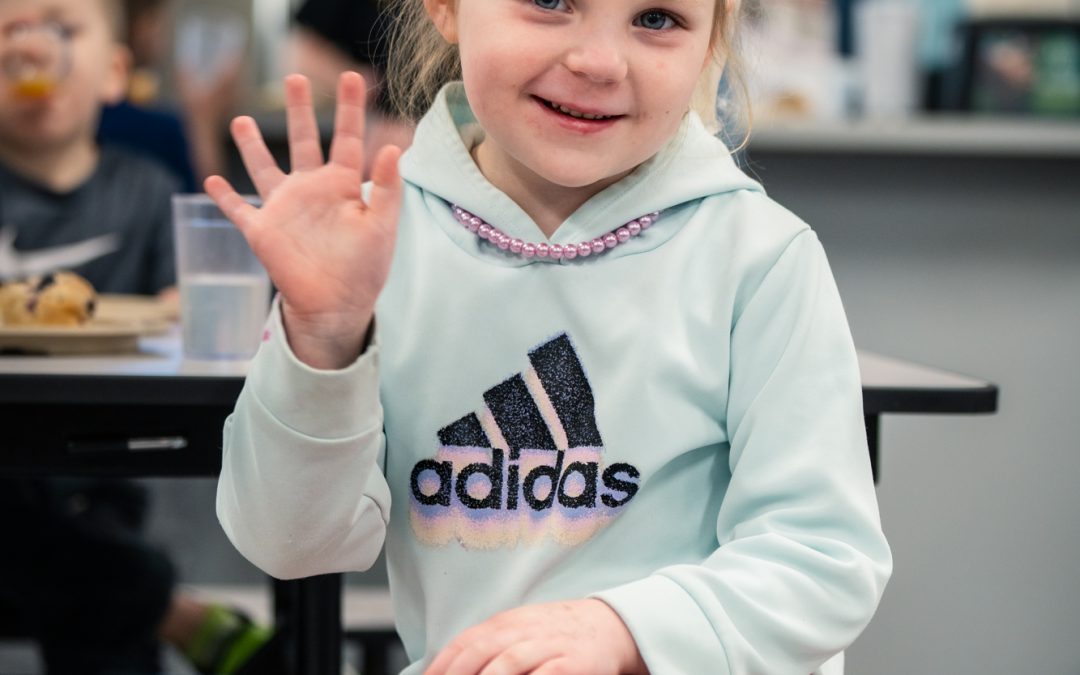Summer is a time for children to explore, imagine, and learn in ways that feel natural and exciting. While the school year provides structured education, the summer months offer the perfect opportunity for kids to develop important skills through play. Whether it is exploring the outdoors, engaging in creative activities, or simply making discoveries, play-based learning keeps children’s minds active while allowing them to have fun.
By incorporating simple, engaging activities into daily routines, parents and caregivers can ensure that children continue to grow academically, socially, and emotionally during the summer break.
Outdoor Exploration
Spending time outside provides endless opportunities for hands-on learning. Whether children are digging in the dirt, observing insects, or splashing in a creek, they are developing problem-solving skills and gaining an appreciation for the world around them. Nature encourages curiosity, which helps children ask questions, make predictions, and discover new concepts on their own.
Simple activities such as scavenger hunts, nature walks, or gardening can turn outdoor play into a learning experience. Encourage children to look for different types of leaves, identify bird songs, or plant flowers and observe their growth. These experiences strengthen observation skills, foster responsibility, and introduce early science concepts in a way that feels like an adventure.
Creative Arts and Imagination
Art and imaginative play are powerful tools for learning and self-expression. Drawing, painting, and crafting help children develop fine motor skills while also allowing them to explore colors, shapes, and textures. These activities encourage creativity and problem-solving, which are essential for cognitive development.
Dramatic play, such as pretending to be a doctor, chef, or astronaut, helps children understand the world around them. Role-playing builds communication skills and boosts confidence safely and playfully. Providing simple props, costumes, or everyday household items can spark creativity and encourage hours of imaginative learning.
Everyday Math and Science
Math and science do not have to come from a textbook. Simple, everyday activities can reinforce these subjects in fun ways. Cooking together is a great way to introduce measurement, fractions, and counting. Asking children to measure ingredients, set the table, or compare sizes helps develop mathematical thinking without it feeling like a lesson.
Similarly, science experiments can be as simple as mixing baking soda and vinegar to watch a chemical reaction or observing how ice melts in the sun. These hands-on activities help children understand cause and effect while encouraging them to think critically and make predictions. Everyday moments offer some of the best learning opportunities when children are encouraged to explore and ask questions.
Reading and Storytelling
Reading together is one of the most effective ways to support language development and a love for learning. Whether it is a bedtime story, a trip to the library, or listening to audiobooks, reading exposes children to new vocabulary, ideas, and experiences. Summer is the perfect time to explore different types of books, from fiction to nonfiction, and let children’s interests guide their reading choices.
Storytelling is another way to boost literacy skills and imagination. Encouraging children to make up their own stories, act them out, or create their own books helps develop communication and creativity. Sharing stories builds strong bonds while reinforcing the importance of language in everyday life.
Building Social and Emotional Skills
Play is not just about learning academic skills; it also helps children develop important social and emotional abilities. Playing with others teaches cooperation, sharing, and empathy. Whether it is a game of tag, building a fort, or working on a puzzle together, children learn how to communicate, negotiate, and solve problems in a group setting.
Parents and caregivers can support emotional growth by helping children express their feelings and navigate challenges during play. Encouraging teamwork, praising effort, and allowing kids to solve small conflicts on their own build confidence and resilience. Through playful interactions, children gain skills that will help them thrive in school and beyond.
Encouraging a Summer of Learning
Keeping kids engaged and learning throughout the summer does not require rigid schedules or expensive programs. By making play a priority, children can continue to grow, explore, and develop essential skills in a way that feels natural and fun.

